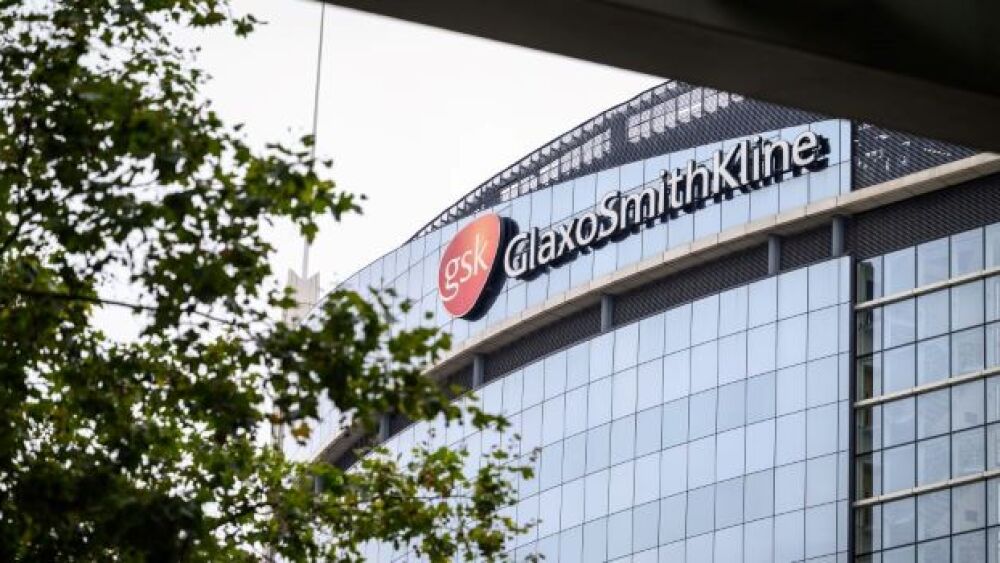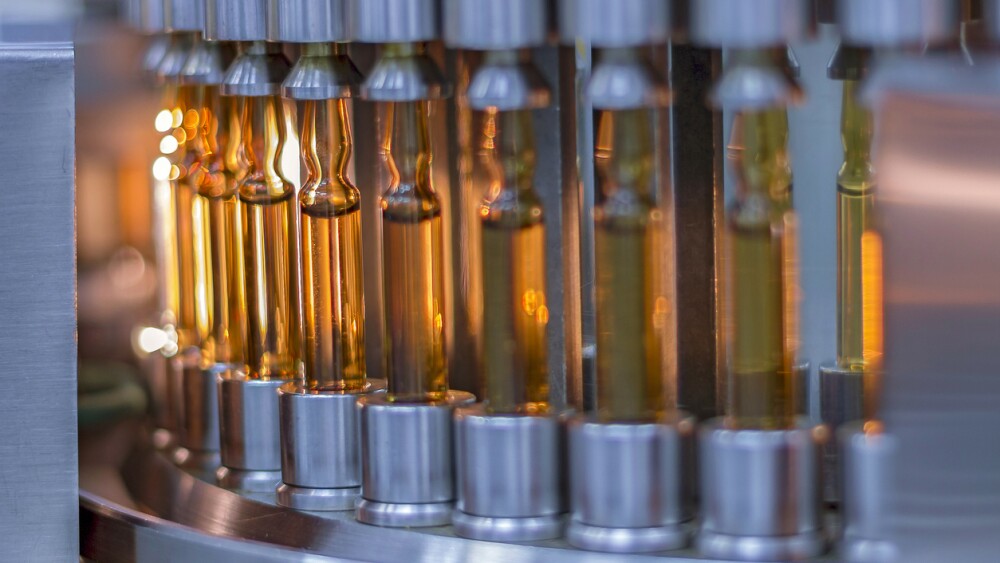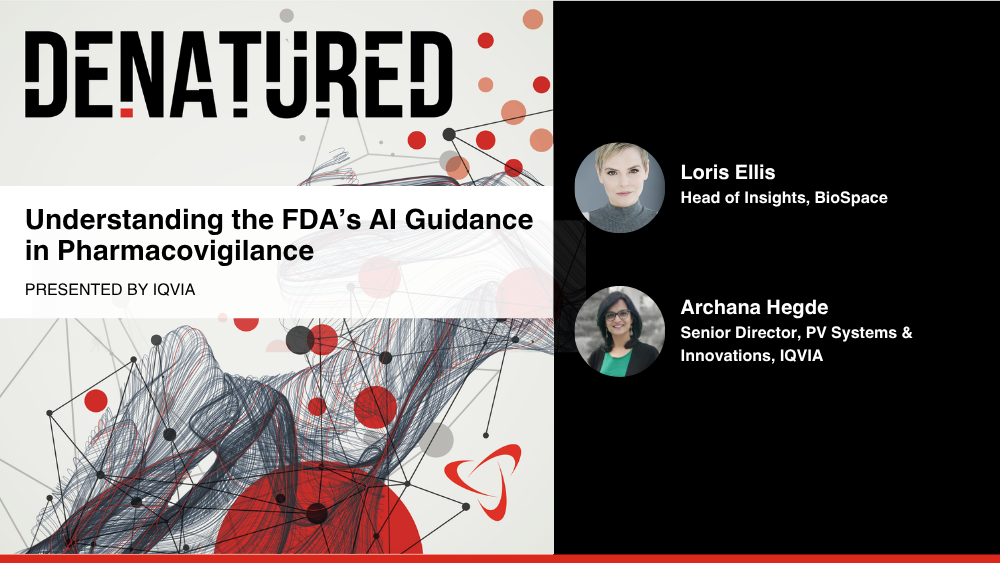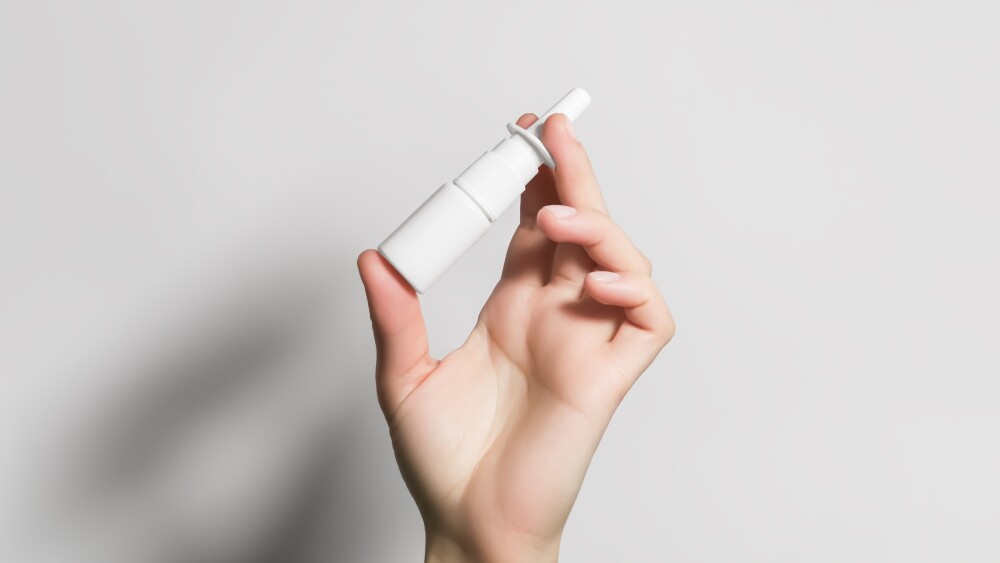GSK is planning a Phase III trial evaluating bepirovirsen as a potential functional cure for chronic hepatitis B infection, despite the most recently released data appearing less robust than the interim analyses.
Courtesy of Leon Neal/Getty Images
GSK is planning a Phase III trial evaluating bepirovirsen as a potential functional cure for chronic hepatitis B infection, despite the most recently released data appearing less robust than the interim analyses.
GSK announced plans for a Phase III trial following a presentation of the data at the American Association for the Study of Liver Diseases (AASLD) Meeting Tuesday. This coincided with the publication of Phase IIb data in the New England Journal of Medicine.
The trial is expected to begin in the first half of 2023.
The latest data showed treatment with bepirovirsen resulted in clearance of both hepatitis B surface antigen (HBsAg) and hepatitis B virus (HBV) DNA, according to GSK. This was seen in patients treated with concurrent nucleoside/nucleotide analogs (NA), as well as patients who were not on the therapy.
Data from the Phase IIb B-Clear study showed that 9% of patients who received bepirovirsen paired with NA treatment and 10% of monotherapy patients achieved the primary endpoint of HBsAg levels below the Lower Limit of Detection and HBV DNA levels below the Lower Limit of Quantification.
GSK reported that patients with low baseline hepatitis B surface antigen levels responded best to treatment with bepirovirsen.
As a monotherapy, 25% of those patients saw a significant response, while 16% of patients who received the combination saw positive results.
In a brief statement, Chris Corsico, senior vice president of development at GSK, called the results “promising” for the millions of patients with chronic hepatitis B.
In July, GSK touted an interim analysis that suggested 68% of patients on NAs and 65% of those without had HBsAg levels lower than 100 IU/mL.
The company also reported that after 24 weeks of treatment with 300mg of bepirovirsen, patients who received NA therapies saw a 28% virologic response rate. As a monotherapy, the response rate was 29%.
In its announcement Tuesday, the company did not identify what could have led to a decline in the response from July. However, Melanie Paff, vice president of medicine and development lead of the hepatitis B program at GSK told BioSpace the difference was due to an issue of timing with the analysis.
The interim analysis showed patients who had just completed the treatment regimen but had not gone off the therapy for the six months defined by the trial protocol.
GSK anticipated some patients would relapse while off the therapy, which is what the data showed. Despite that difference, the number of patients who remained free of the virus was a ten-fold improvement over standard of care, Paff said.
Studies Underway to Increase Functional Cure Rate
Beyond the expected Phase III study, GSK is exploring the potential of bepirovirsen in additional studies. A Phase IIb trial will assess the drug in sequential combination with pegylated interferon (PegIFN) treatment. A separate Phase II trial will evaluate bepirovirsen in sequential combination with GSK’s chronic hepatitis B targeted immunotherapy.
The mid-stage trials are aimed at increasing the functional cure rate, GSK stated.
GSK is also evaluating the durability of treatment with bepirovirsen in the B-Sure trial. In that study, patients will be followed for an additional 33 months. The trial includes criteria for the halting of NA therapy in order to demonstrate a functional cure.





